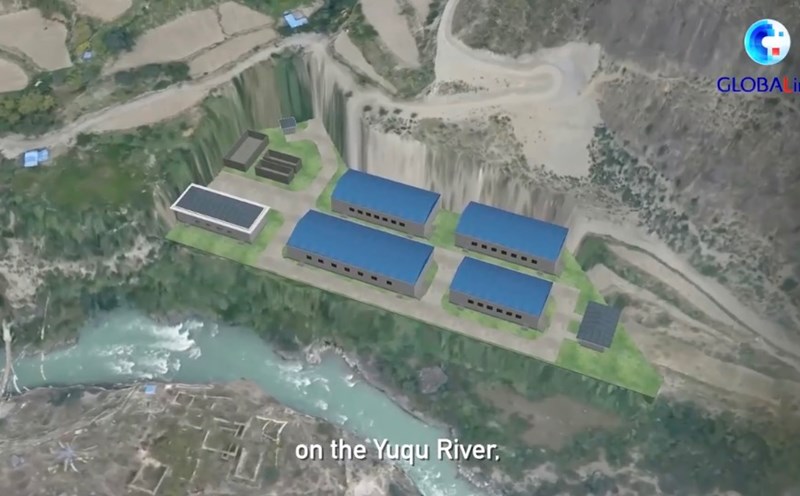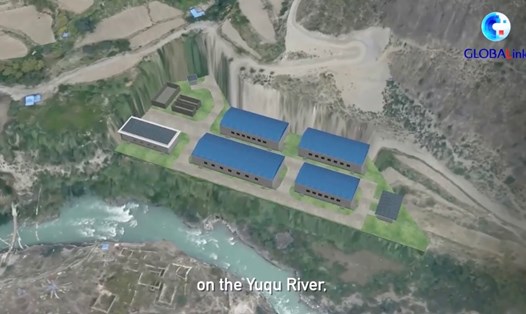The eastern part of China, which plays a central economic role for the country, is forecast to record temperatures of 37-39 degrees Celsius next week.
The latest weather forecast from the China Meteorological Administration warns that some areas in Anhui and Zhejiang provinces, as well as central provinces such as Hubei and Heinan, may record temperatures exceeding 40 degrees Celsius.
Subtropical high pressure will lead to a heat wave sooner than usual in China this summer.
China enters the " Sanfu" season, the hottest period of the year, typically around mid-July and lasting until the end of August, forcing people to seek shelter from the heat in the harsh summer. The Sanfu season is a weather event that has been used for more than 2,000 years in agriculture in China.
Extreme heat is becoming a major challenge for Chinese policymakers. In addition to affecting the crop and reducing farmers' income, high temperatures also affect the operations of production centers, disrupting the supply chain in key port cities and putting pressure on China's health system.
Hot suns in China increase the risk of drought, and this could become a serious problem in the southwest this year. Tu Xuyen province currently recorded lower-than-average rainfall. This will affect the region's hydropower output, leading to a decrease in power exports to eastern China," said Chim Lee, senior expert on energy and climate change at the Economist Intelligence Unit.
However, according to Mr. Lee, China is unlikely to experience a record-breaking hot summer, because the high temperatures in the north of the country as well as the number of hot sunny days since the beginning of the year are still lower than the same period in 2023.
However, local authorities in eastern and central China still issued warnings, calling on workers to be on guard against heatstroke due to the combination of high temperatures and high humidity when traveling during rush hour.
In 2022, China experienced its worst heat wave since 1961, with many regions recording a 79-day series of hot days, from mid-June to late August.
In addition to China, many other countries are also facing serious consequences due to extreme heat. Earlier this week, Greek firefighters were forced to deal with forest fires in the Crete and near the capital Greece as a summer heat wave swept through Europe.
While eastern China is burning, many other areas are facing prolonged heavy rain. China's National Meteorological Center forecasts heavy rain will continue to fall in northern and southwestern regions on July 4 and 5, and flooding will be recorded in Chengdu city.











